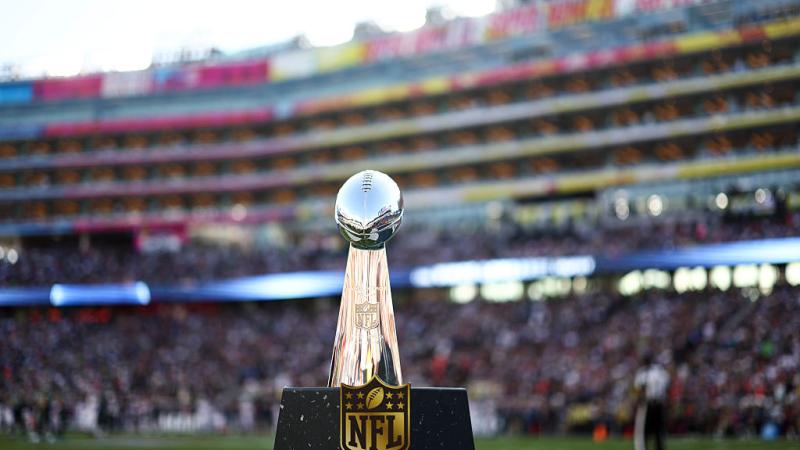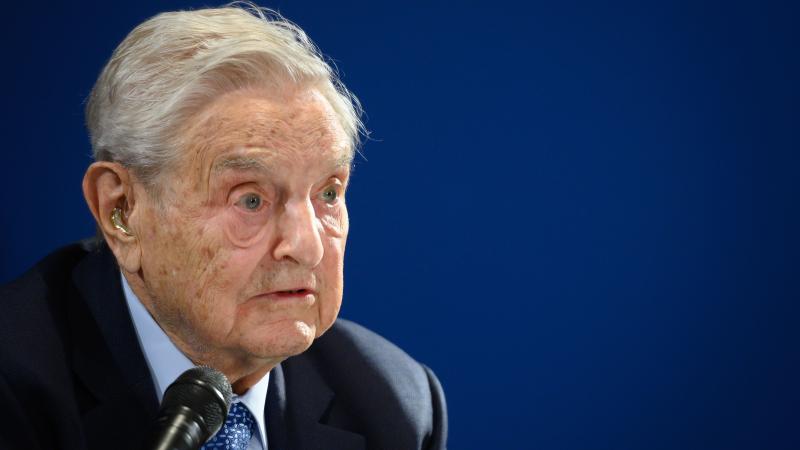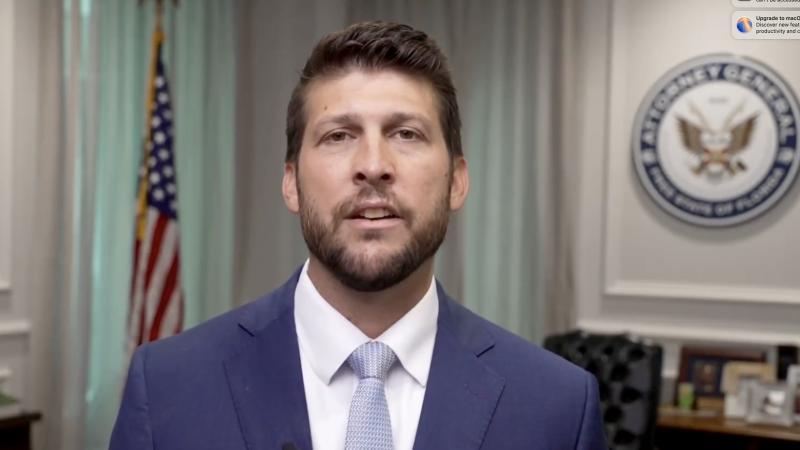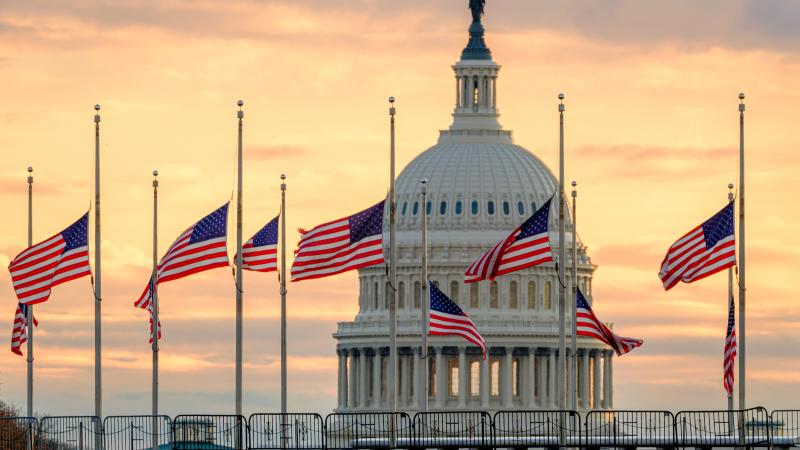As monkeypox remains high among gay men, White House argues virus is 'not linked to an identity'
Virus "can’t distinguish between people based on their sexual orientation or gender," coordinator says.
The White House is continuing to aggressively push messaging to de-associate the monkeypox outbreak with the gay male community as the vast majority of cases continue to manifest among men who have sex with men.
Biden administration National Monkeypox Response Deputy Coordinator Demetre Daskalakis argued at a White House press conference on Wednesday that the virus is "a piece of DNA wrapped in some fat" unable to select for certain sexual orientations.
"It’s not smart," he argued. "It can’t distinguish between people based on their sexual orientation or gender." He argued that the virus is "just an infection. It’s not linked to an identity."
Health authorities have noted that, where data are available, the overwhelming majority of cases of monkeypox have arisen among gay men and the slightly larger overall demographic of "men who have sex with men." The most recent California Department of Public Health data, for instance, indicates that 97% of cases are made up of men, and 94% of those are either gay or bisexual men.
Data out of Los Angeles County, meanwhile, lists 98% of cases there as being among men, with just 4% of cases identifying as heterosexual.
Daskalakis conceded that public health messaging should give some weight to the prevalence of the virus within the gay male community.
"[S]ignaling to people who are in the gay, bisexual, other-men-who-have-sex-with-men communities, and also transgender people who have sex with men that it’s really important to have awareness if it’s circulating in the community is really a critical part of the messaging," he said.
Yet the coordinator warned public health officials against "generating, you know, inordinate concern and really focusing on the infection as linked to an identity."
"There are other mechanisms for its transmission" outside of sexual contact, he argued, "including, if you touch objects that individuals who’ve had monkeypox touch or if you have prolonged exposure to respiratory droplets."
















